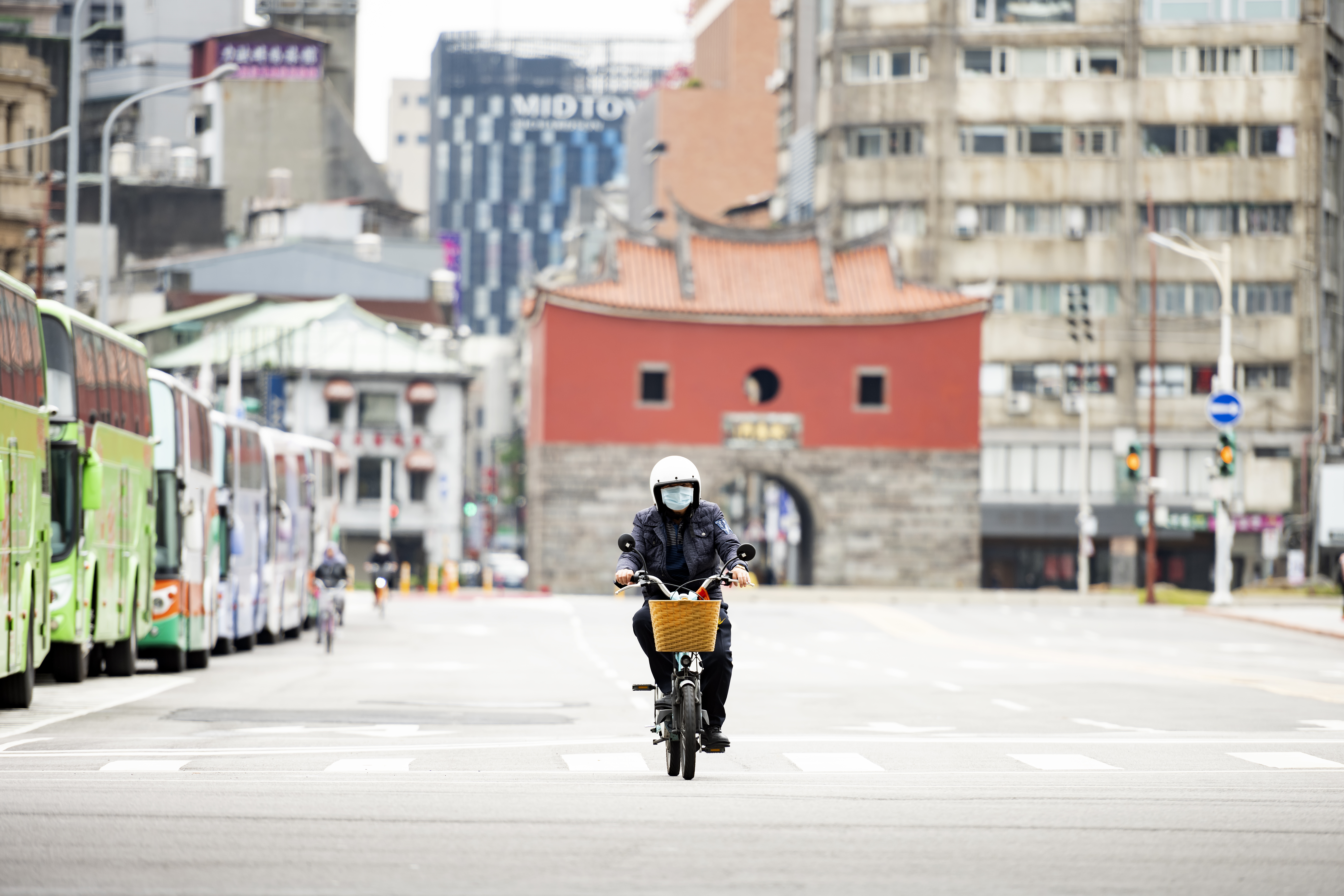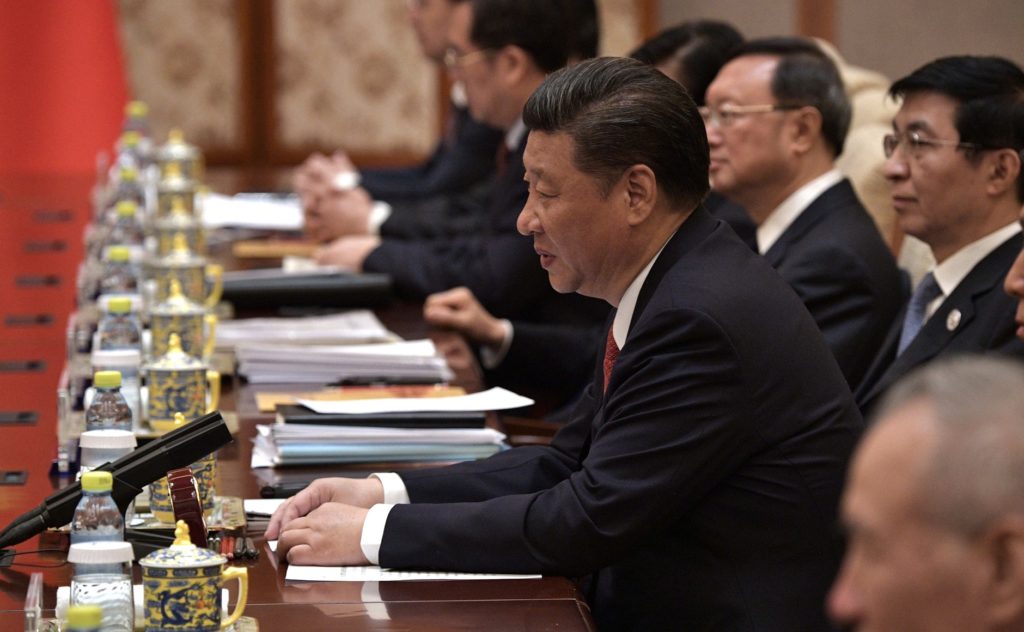


Privacy in Human Intimacy about Morality, not Evolution
Recently, anthropologist Yitzchak Ben Mocha theorized on why human beings, alone among mammals, prefer to “mate” in private. From the Phys.Org story: He found that virtually every known culture practices private mating — even in places where privacy is difficult to find. He also looked for examples of other animals mating in private, and found none, except for the babblers [a bird species]. He also found that there were no explanations for it, and in fact, there were very few other people wondering why humans have such a proclivity. And, not surprisingly, he was unable to find any evolutionary theories on the topic. But evolution must be made to explain all! Ben Mocha concludes his paper by introducing a theory of his own — he believes that the reason humans (and babblers) began looking for privacy during sex was because the male wanted to prevent other males from seeing his female partner in a state of arousal. Such a state, he suggests, would likely have encouraged other males to attempt to mate with her. Thus, privacy, or perhaps more accurately, seclusion, allowed the male to maintain control over a sexual partner — while also allowing for continued cooperation within a group. This approaches the question from the wrong angle. There is much more to human life than biology. We are not just a collection of carbon molecules and the sum of our genes expressing. We are more than intelligent apes. There is a deeper side to us, something that can neither be measured nor fully explained from exclusively materialistic analyses. We transcend the strictly material forces that spur natural selection. We, alone in the known universe, are moral beings. Sex is profoundly consequential morally. We are not just animals yielding to an irresistible biological imperative when the female goes into estrus. For us, intimacy isn’t — or ideally, shouldn’t be — mere rutting. Moreover, sex is something we can choose to refuse based on moral considerations. Animals do not have that ability. Indeed, sexual morality is one of the most important factors in creating culture. That is the reason those who wish to destroy existing paradigms subvert cultural status quos through transgressive sexual advocacy and/or behavior. Bottom line: Evolution doesn’t explain everything in human nature or the development of culture. It can’t. We have stepped beyond subjugation to the immutable forces of natural selection. We are self-directing, and that includes our approaches to sex. Abandon human exceptionalism in anthropology, treat us as if we are just another animal in the forest, and the discipline misses the forest for the trees.

Racism Violates Human Exceptionalism

Uighurs Need All the Help They Can Get
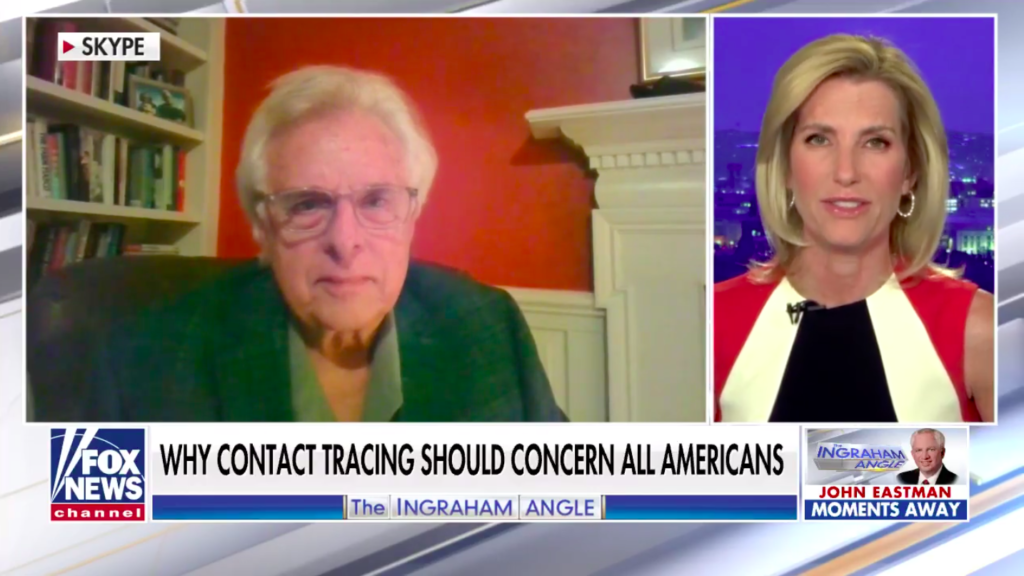
Wesley Smith Joins Laura Ingraham to Discuss the Dangers of Contact Tracing

‘The Committee Heard From People Who Had Made Plans for Suicide’
Australia braces for more intentional killing, as Queensland appears set to join Victoria in embracing what we euphemistically term “assisted dying”: Queenslanders are set to find out this week whether [assisted suicide and/or lethal injection euthanasia] laws will be introduced by the Palaszczuk government. In March, a parliamentary health committee recommended Queensland legalise voluntary assisted dying for adults with advanced terminal medical conditions. … The committee, which began its inquiry in November 2018, gauged public opinion on the issue and found most Queenslanders were in favour of helping terminally ill people to die. The committee heard from people who had made plans for suicide in circumstances where they had a life-limiting illness or debilitating condition. It found a terminally-ill person took their own life every four days in Queensland. The committee recommended a person would need to be diagnosed by a medical practitioner as having an advanced and progressive terminal, chronic or neurodegenerative medical condition to be covered. Access should also be limited to people with “decision-making capacity” and the person would need to be assessed by two qualified medical practitioners. The committee recommended the state government review the scheme in three years to ensure legislation was working as expected. Let’s get this straight. The committee first “heard from people who had made plans for suicide”. Good! We should be hearing from those contemplating suicide. And we should be doing this for the purpose of strengthening suicide prevention protocols. Instead, the committee came away from the experience with precisely the opposite conclusion, effectively saying, “It sounds like you need easier ways to kill yourself. Let us help.” Normalizing and promoting suicide is always and everywhere a gross betrayal of a state’s obligation to its people. Only because we live in a medicalized era is this state-endorsed culling of vulnerable persons seen as acceptable. If we had only more traditional means of suicide on offer, most would immediately see that what is under consideration is plainly wrong. But because that state can get some physicians to do the dirty work to provide or even administer a fatal overdose by means of pills or a needle, we imagine ourselves as enlightened sophisticates. And as Ontario demonstrates, eventually states will compel physicians to do this dirty work. Then there’s the fact that the protections Queenslanders are told will accompany this are likely farcical. The requirements that one will have to be mentally competent or be truly terminal in order to be granted lawful suicide? Those protections will in short order be reframed as “barriers to access” and will have to be stripped out for the good of autonomy. Or so we’ll hear. Wesley J. Smith routinely documents this strategy of suicide activists: When pitching legalization, they solemnly promise that they have written, oh so “protective guidelines” into the legislation to prevent abuse. Then, once the law is safely in place, advocates grouse that the guidelines they touted are “obstacles” or “barriers” that unjustly prevent suffering people from accessing assisted suicide. Eventually, political agitation begins to amend the law to make things, shall we say, more flexible. … The emphasized items, now called “barriers,” were lauded as protections in the campaign to convince voters to legalize assisted suicide. I wrote about precisely this phenomenon as it played out in Victoria earlier this year. Eight months after Victoria’s “Voluntary Assisted Dying Act” came into force, alleged experts began their assault on the limited patient protections that allowed its passage in the first place. Victoria’s suicide law had been seen as “the world’s safest and most conservative” due to “safeguards” intended “to protect the rights of vulnerable patients”. But it only took eight months for bioethicists to begin attacking those safeguards as “unwarranted, unprecedented and ethically-problematic”. If suicide comes to Queensland, patient protections will be similarly attacked there. Once suicide is made both lawful and laudable, there is no logical limiting principle.

The Bioethicist Pandemic
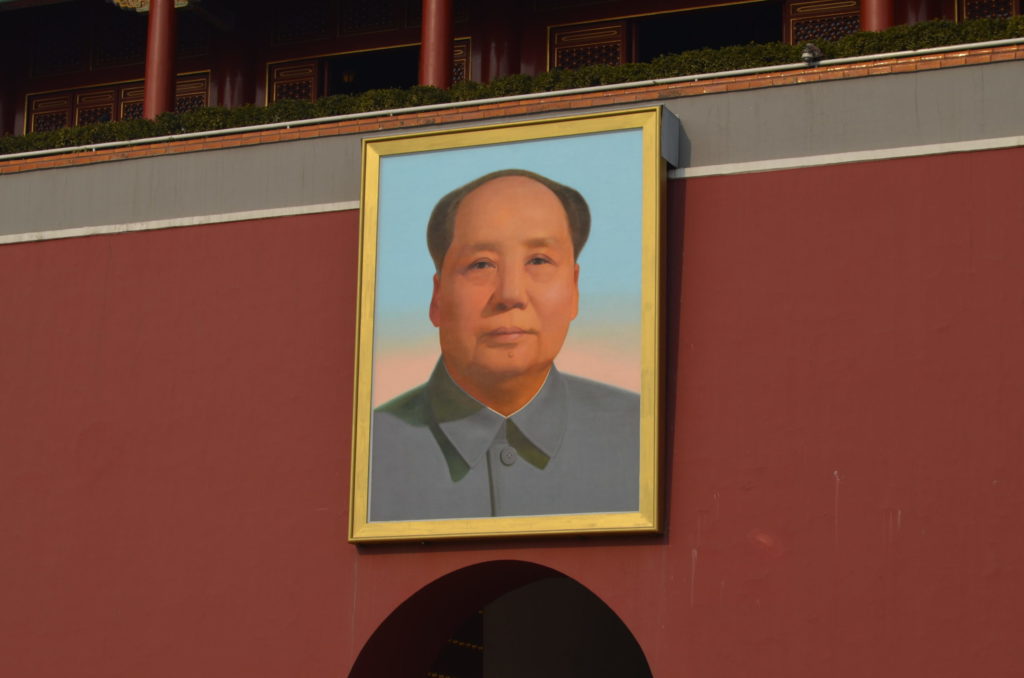
On China, Human Rights, and ‘Making a Pyromaniac Into the Town Fire Chief’
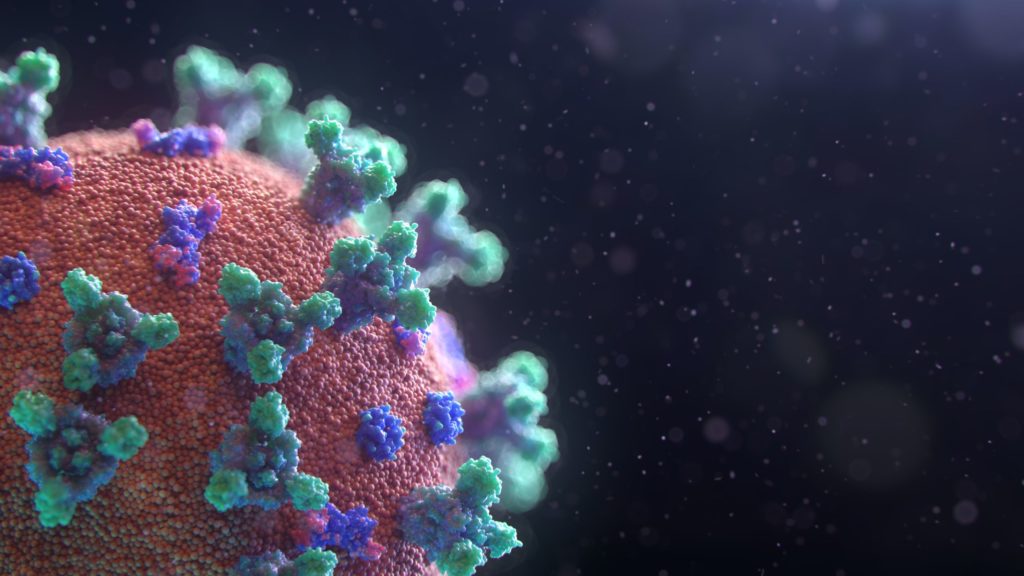
China, the Virus, and the Imperative to Build for Tomorrow
Marc Andreessen’s “It’s Time To Build” is a hopeful cri de coeur in this time of pandemic. Americans, and American elite leadership specifically, need what strikes me as essentially a spiritual awakening, and Andreessen speaks to that in his own way by pointing out that an ugly aspect of American life that this virus has revealed is a sort of cultural impotence: Every Western institution was unprepared for the coronavirus pandemic, despite many prior warnings. This monumental failure of institutional effectiveness will reverberate for the rest of the decade, but it’s not too early to ask why, and what we need to do about it. Many of us would like to pin the cause on one political party or another, on one government or another. But the harsh reality is that it all failed — no Western country, or state, or city was prepared — and despite hard work and often extraordinary sacrifice by many people within these institutions. So the problem runs deeper than your favorite political opponent or your home nation. Part of the problem is clearly foresight, a failure of imagination. But the other part of the problem is what we didn’t *do* in advance, and what we’re failing to do now. And that is a failure of action, and specifically our widespread inability to *build*. We see this today with the things we urgently need but don’t have. We don’t have enough coronavirus tests, or test materials — including, amazingly, cotton swabs and common reagents. We don’t have enough ventilators, negative pressure rooms, and ICU beds. And we don’t have enough surgical masks, eye shields, and medical gowns — as I write this, New York City has put out a desperate call for rain ponchos to be used as medical gowns. Rain ponchos! In 2020! In America! We also don’t have therapies or a vaccine — despite, again, years of advance warning about bat-borne coronaviruses. Our scientists will hopefully invent therapies and a vaccine, but then we may not have the manufacturing factories required to scale their production. And even then, we’ll see if we can deploy therapies or a vaccine fast enough to matter — it took scientists 5 years to get regulatory testing approval for the new Ebola vaccine after that scourge’s 2014 outbreak, at the cost of many lives. In the U.S., we don’t even have the ability to get federal bailout money to the people and businesses that need it. We have shut down much of our country in response to a virus that we saw devastate Wuhan and northern Italy, but we do not seem to know what to do next. This is partly because those who lived through similarly serious pandemics, like the Spanish Flu, are no longer with us. But the greater problem is the one Andreessen addresses: because we have forgotten how to “build,” we are struggling to imagine how we will lead ourselves out of lockdown and back to normal life. In retrospect, it will strike us as odd that we are not thinking strategically about how to build in this time. We still tend to think of our states as laboratories of democracy, yet we are not seeing governors meaningfully step up to call for the return of critical manufacturing capacities in their states. And we are not seeing governors call for the creation or replenishing of strategic stockpiles. It should be an American imperative in the wake of this pandemic to decouple the American economy from the Chinese Communist Party as rapidly as possible, and to learn again how to provide for our essential needs. This virus continues to underscore the inherent limits of globalized supply chains to provide critical goods in a fragile time. We’re seeing that America’s supply chains aren’t really America’s supply chains. China’s totalitarian human rights abuses would themselves provide sufficient cause for America and other nations to decouple economically in retaliation against a regime that treats its own people as lower even than many of the worst kings of old treated their subjects. The consequences of the spread of what the press initially termed the “Chinese virus,” the “Chinese coronavirus,” or the “Wuhan virus” have been devastating on a global scale. We remain at risk of Great Depression-scale collapse, due as much to the initial lies and cover-up of the Chinese Communist Party as to any political incompetence of ours. We once envisioned a modernized China, believing that trade would simultaneously liberalize its political regime and expand the territories of the free world. Not only has that envisioned China not come into being, but the unfolding Chinese surveillance police state suggests that the American investment may have been a total loss. It turns out that we may have invested or forfeited trillions over five decades to produce a totalitarian superpower whose amoral capitalism and predatory mercantilism are perversely complemented by an explicit hostility to the human rights of not only its own people, but also of the world at large. A sober assessment of America’s strategy is overdue, particularly if we hope to continue to lead internationally on matters of human rights. Cheaper consumer goods simply cannot be an acceptable price for the oppression of China’s persecuted minorities and political dissidents. America will not be taken seriously as a moral agent in international affairs so long as it implicitly accepts that the value of the human person, and the degree to which the human person is owed protection, can ultimately be measured by their perceived material utility. American independence was won in part thanks to our independence of spirit. We were able to recognize that we were a resilient and a self-sufficient people, and that recognition contributed to our boldness in establishing ourselves as an American people. Do we still have the traits we had at our founding? We’ll need them, along with a renewed vision and creative spirit in confronting the realities of a post-pandemic world order. To the degree that America is responsible for the strength of the Read More ›
